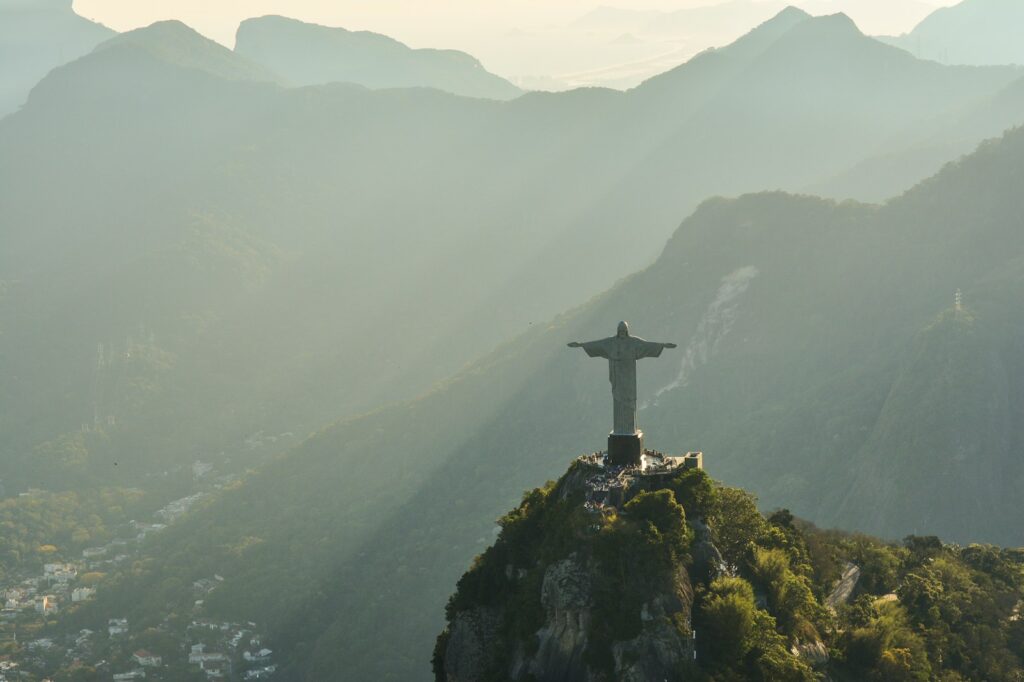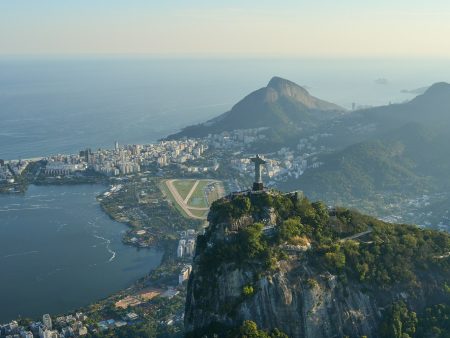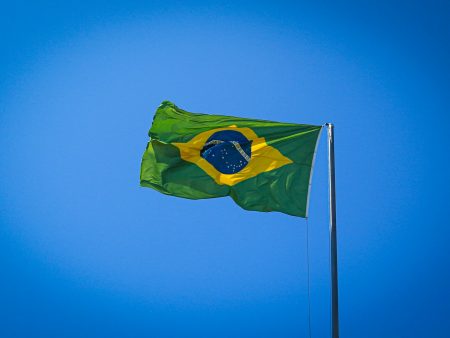
A wave of unease has swept through Brazil’s burgeoning regulated betting sector following the Senate’s decision to fast-track a controversial bill aimed at curbing gambling advertising. Industry stakeholders warn the move may inadvertently play straight into the hands of the black market.
Senate Pushes Through Advertising Crackdown
Earlier this week, Brazil’s Sports Commission gave its nod to Bill 2,985/2023, which seeks to impose stricter controls on betting advertisements. The proposal, originally slated for review by the Communication and Digital Law Committee (CCDD), was escalated directly to the Senate Plenary due to the CCDD’s absence — and swiftly passed.
While the bill no longer contains its original blanket ban thanks to amendments by Senator Carlos Portinho, it still represents a significant tightening of rules. Under the revised legislation, sportsbooks face new restrictions on celebrity endorsements, time-limited advertising slots, and limitations on sponsorships within sports stadiums.
Legal Experts and Operators Push Back
According to Udo Seckelmann, head of gambling & crypto at Bichara e Motta Advogados, the Senate’s initial stance would have risked dismantling the progress Brazil has made toward a regulated and responsible betting environment.
“The initial proposal for a complete ban on gambling advertising was not only disproportionate but also disconnected from the regulatory reality established by Law No. 14.790/2023,” said Seckelmann in a statement to iGB.
He warned that overreaching restrictions would jeopardize legal market development, push bettors toward unregulated offshore sites, and financially impact sports organizations and media outlets reliant on operator sponsorships.
Betting Industry and Football Clubs Sound the Alarm
The Brazilian Institute for Responsible Gaming (IBJR) echoed these concerns, stating that the new rules severely weaken licensed operators’ ability to inform consumers about regulated services.
“Legal advertisements inform the public and help distinguish safe, regulated platforms from the black market,” said the IBJR, warning the new measures could compromise responsible gambling initiatives and undermine market sustainability.
Brazil’s top football clubs were quick to voice their opposition as well. In a joint statement shared with Games Magazine Brazil, several major teams called the bill:
“A prohibition disguised as a limitation.”
The clubs estimate a potential loss of BRL 1.6 billion ($281 million) in sponsorship and signage revenue. Of particular concern is the ban on static operator signage at stadiums — a clause that may trigger contractual disputes and legal action as clubs are forced to renegotiate existing deals.
“The financial losses will be significant even for major clubs,” the statement read. “For smaller teams, it could be a matter of survival.”
Lessons from Abroad: What Italy Can Teach Brazil
Drawing parallels to other jurisdictions, Seckelmann pointed to Italy’s Decreto Dignità (2018) as a cautionary tale. The Italian law imposed a blanket gambling ad ban, but data revealed it did little to reduce problem gambling. Instead, it hampered licensed operators while allowing illegal betting to thrive.
“International experience shows that such restrictions often fail to deliver the intended public health outcomes,” Seckelmann said.
Key Restrictions in the Amended Bill
The final version passed by the Senate includes several critical provisions:
- No betting ads during live sports broadcasts
- Ban on celebrity, influencer, and active athlete endorsements
- Exception: Former athletes retired for at least five years
- Ad time restrictions:
- TV and digital media: Only between 7:30 PM – 12:00 AM
- Radio: Only from 9:00 AM – 11:00 AM and 5:00 PM – 7:30 PM
- One sponsorship per team on kits and limited signage rights for official stadium sponsors
Senator Portinho defended the restrictions, saying the industry has failed to regulate itself responsibly:
“One year after this law was passed, our society is sick — completely addicted to betting,” he said. “Football clubs, media companies — everyone’s hooked on the money. It’s up to us now to impose discipline.”
Final Thoughts
While Brazil’s push for responsible gambling is laudable, critics argue that excessive ad restrictions may backfire, stifling the legal market just as it gains momentum. As always, the battle between consumer protection and market viability continues — and Brazil is the latest test case.











